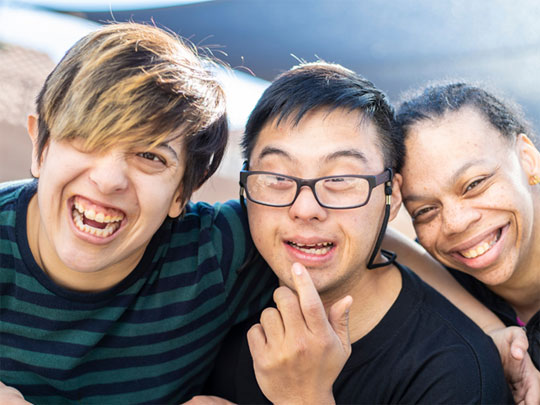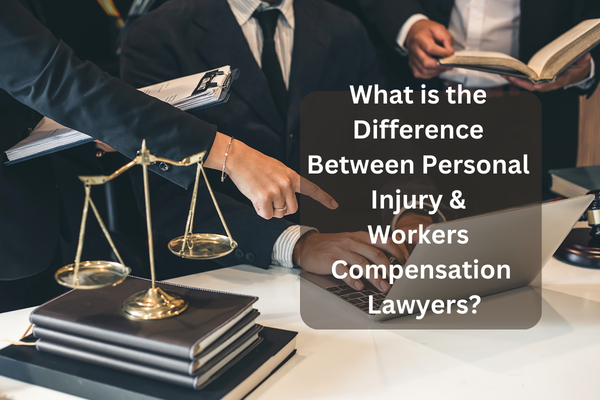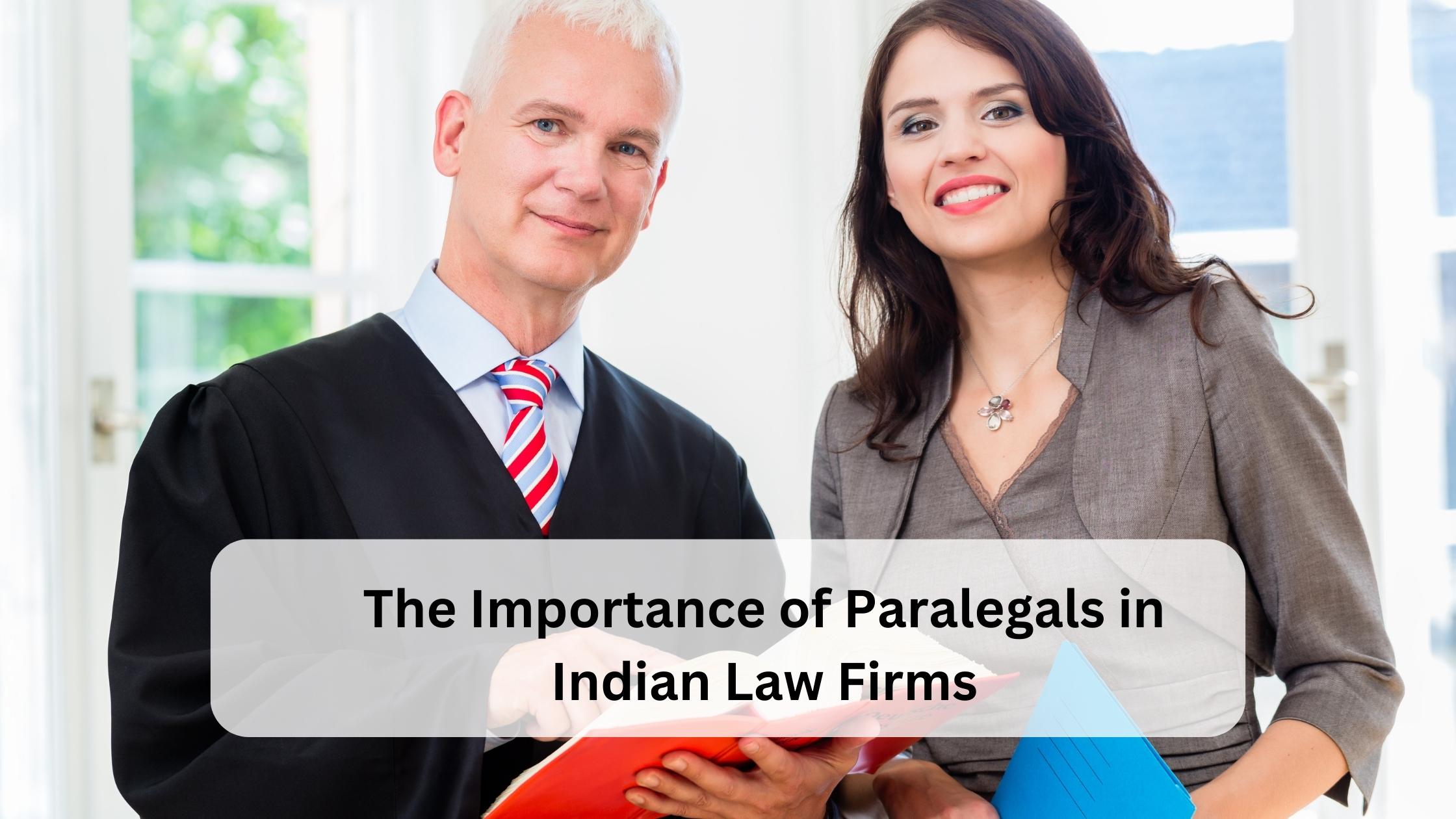For families caring for individuals with physical or mentally challenged grown-ups, ensuring their well-being and protection is of utmost importance. Guardianship plays a crucial role in providing legal authority and support for these individuals, allowing their loved ones to make important decisions on their behalf. In this article, we will explore the concept for special challenges, its significance, the different types of guardians, the legal process involved, and its limitations.
What is guardianship for a differently abled person?
Guardianship for differently abled grown-ups refers to the legal process through which an individual is granted the authority and responsibility to make important decisions on behalf of a person with disabilities. This legal arrangement is designed to protect and support individuals who are unable to make decisions or care for themselves due to cognitive, developmental, or physical impairments.
Why taking care of a differently abled person is important?
Guardianship is crucial for differently abled individuals for several reasons. Firstly, it ensures their safety and well-being by providing a legal framework for decision-making. It allows the guardian to make decisions regarding better medical treatment, special education, and other vital aspects of the individual’s life. Secondly, it provides peace of mind to families, knowing that they have the legal authority to advocate for and protect their loved ones’ best interests. Lastly, it allows individuals with disabilities to receive the necessary support and services they require for their overall development.
Who is the first guardian of a differently abled person?
The first guardian is typically a family member, such as a parent, sibling, or close relative. However, in cases where no suitable family member is available or willing to assume this responsibility, a professional guardian or a state-appointed agency may be assigned.
When considering whether guardianships is appropriate for an individual differently abled grown up, several factors should be taken into account
These factors include the person’s ability to understand and make decisions, their level of independence, the degree of risk involved in their daily activities, and their overall safety and well-being.
It is important to consider less restrictive alternatives to guardianship, such as supported decision-making or powers of attorney, which allow for varying levels of autonomy while still providing necessary support.
What factors should I consider when determining whether guardianship is appropriate for differently abled person?
Deciding whether it is appropriate for a differently abled grown-up requires careful consideration of various factors. These may include the person’s age, level of disability, cognitive abilities, and capacity to make decisions.
It is essential to assess the individual’s functional limitations and evaluate their ability to manage their personal, financial, and medical affairs independently. Consulting with professionals such as doctors, therapists, and social workers can provide valuable insights into the individual’s requirements and capabilities.
What are the different types of guardianships for a differently abled person?
There are different types of guardianships available for differently abled individuals, depending on their specific circumstances and requirements:
a) Guardian of the person:
This type of guardian is responsible for making decisions regarding the individual’s personal care, medical treatment, education, and overall welfare.
b) Guardian of the estate:
This guardian manages the individual’s financial affairs, assets, income, and expenses. They ensure the person’s financial resources are appropriately utilized to meet their requirements.
c) Limited guardianship:
In cases where individuals with disabilities possess some decision-making abilities, limited guardianship allows the court to grant authority for specific areas while preserving the person’s autonomy in other aspects.
d) Standby guardian:
A standby guardian is appointed to assume guardianship responsibilities in the event that the primary guardian becomes unable or passes away.
What are the powers of a guardian for a differently abled person?
The powers of a guardian for differently abled person depend on the type of guardianship granted and the specific court order. Generally, the guardian has the authority to make decisions regarding medical treatment, living arrangements, education, vocational training, and legal matters.
They may also have the power to manage the individual’s finances, apply for benefits, and access relevant support services on their behalf. However, it is crucial for guardians to act in the best interests of the a differently abled individual, promoting their autonomy and maximizing their quality of life.
When should I start the guardianship process?
The timing of initiating the process for differently abled individuals may vary depending on the jurisdiction and the individual’s circumstances.
It is advisable to begin the process well in advance, typically when the person with disabilities reaches the age of majority, which is usually 18 years old.
Early planning ensures a smooth transition into adulthood and helps address any potential legal challenges that may arise. Starting early also allows for thorough evaluation, consultation with professionals, and careful consideration of the individual’s evolving requirements.
What is the legal process for obtaining guardianship for a differently abled person?
The legal process for obtaining guardianship involves several steps, which may vary depending on the jurisdiction. Generally, the process includes the following:
a) Filing a petition:
The interested party, usually a parent or caregiver, files a petition with the appropriate court, providing information about the differently abled individual and the reasons for seeking guardianship.
b) Evaluation:
The court may require an evaluation by a medical professional or psychologist to determine the individual’s capacity and need for guardianship.
c) Notice and hearing:
Interested parties, such as family members or agencies involved in the individual’s care, are notified of the guardianship proceedings. A hearing is scheduled, during which evidence and testimony are presented to support the petition.
d) Court decision:
The court reviews the evidence presented and decides whether guardianship is necessary. If approved, the court issues an order appointing the guardian and specifying the scope of their authority.
Within the legal framework of the United States, guardianship for a differently abled individual falls under various sections of state laws that specifically address the rights and protection of individuals with disabilities.
These sections aim to outline the rights and responsibilities of guardians and establish a legal structure that promotes the well-being and autonomy of individuals with challenges.
Who pays for the guardianship for a differently abled grown-up?
The costs associated with individuals can vary depending on the jurisdiction and the specific circumstances. In some cases, the petitioner (usually a family member) is responsible for covering the costs, including court fees, attorney fees, and any evaluation or assessment expenses.
However, financial assistance or fee waivers may be available for low-income individuals and families. It is advisable to consult with legal professionals or social service agencies to explore available options and support.
What are the limitations of guardianship for a differently abled person?
While it provides essential support and protection for differently abled individuals, it also has certain limitations. Some of the limitations include:
a) Loss of autonomy:
Guardianship involves granting decision-making authority to another person, which can limit the individual’s autonomy and self-determination. It is important for guardians to promote independence and involve the individual in decision-making to the extent of their abilities.
b) Ongoing legal obligations:
Once appointed, guardians have legal obligations to fulfill, such as filing periodic reports with the court and seeking court approval for significant decisions. This requirement ensures transparency and accountability but also adds administrative responsibilities for the guardian.
c) Potential for abuse:
Although rare, there is a potential risk of abuse or exploitation by guardians. Regular monitoring by the court and other interested parties is essential to safeguard the differently abled individual’s rights and well-being.
Conclusion
Guardianship for adults with special needs for a differently abled person play a vital role in ensuring their care, support, and protection. By providing legal authority, it empowers families to make decisions on behalf of their loved ones and secures access to essential services and resources. It strikes a balance between protection and promoting autonomy, recognizing the importance of safeguarding vulnerable individuals while respecting their rights and preferences. Working in collaboration with professionals and community resources, families can navigate the process to secure the best possible outcomes for them.





